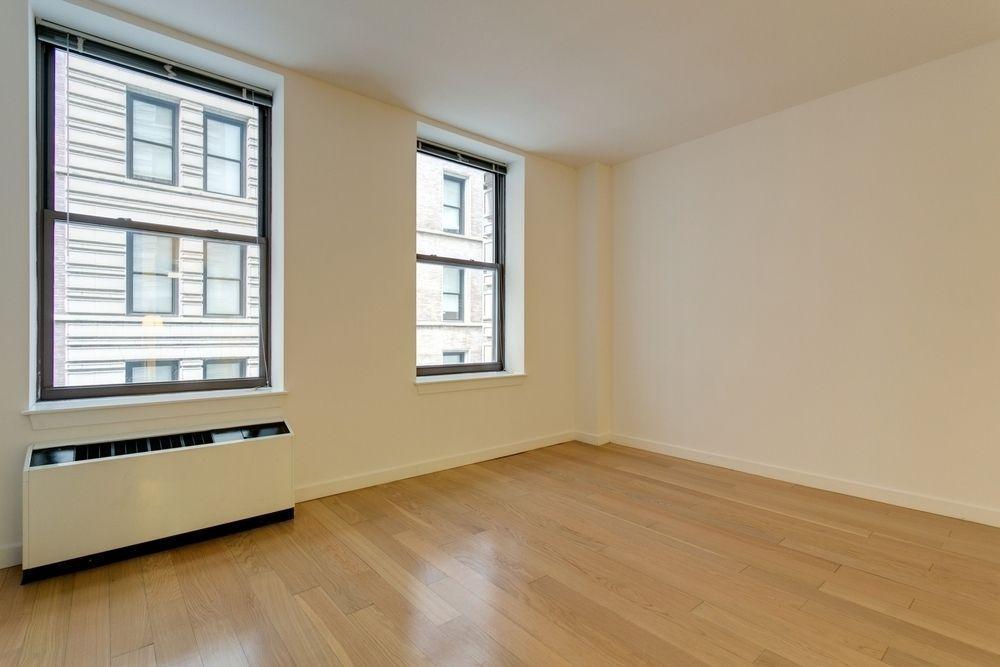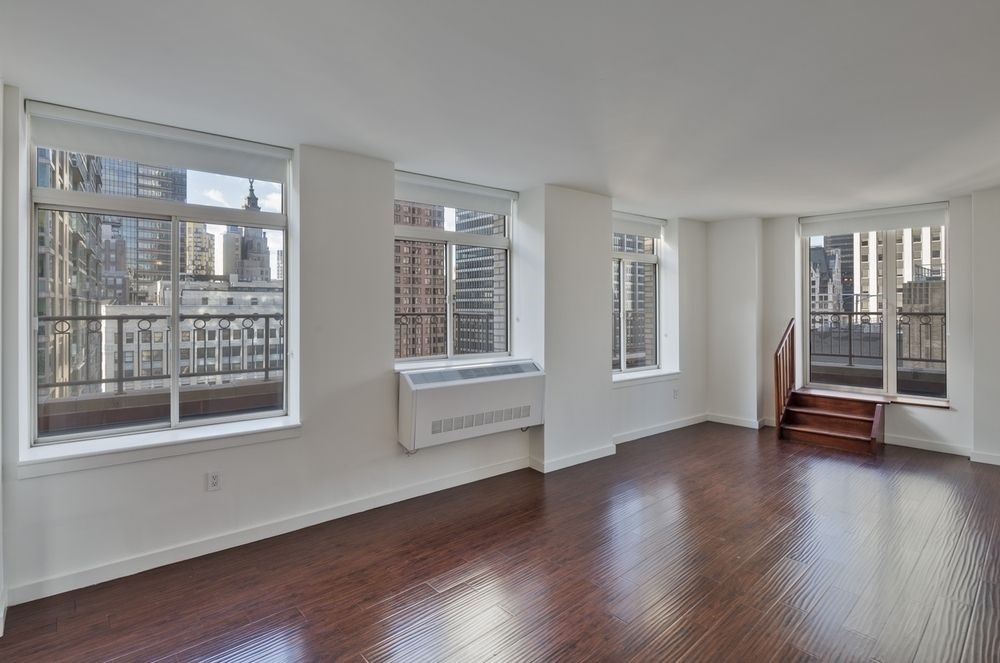
5 Tips for Buying Renters Insurance
By: ROS Team
If leasing an apartment or house, you might consider getting renters insurance. It includes coverage for personal belongings, temporary living costs, and liability with medical expenses. These policies often protect against theft, water damage from backup, specific natural disasters, bodily harm, and more within a leased residence.
Whether you’re renting an apartment, house, or dormitory, have renters insurance to safeguard your living area and possessions in case of a covered incident. Below are some suggestions to assist you in acquiring renters insurance.
Select the Appropriate Coverage Amount
Renters insurance is meant to compensate for replacing your possessions in case of accidents, theft, or natural disasters. According to a recent study the average renter owns belongings worth over $35,000; however, the necessary coverage amount varies based on different factors.
Compiling a detailed list of your possessions can provide a more precise indication of your needs when determining the policy coverage. Record the item details, purchase date, original cost, and current value estimation. After totaling these, you can determine the appropriate coverage amount.
Calculate the Worth of Your Belongings
Assess your possessions and estimate their total value. Walk through every room in your house, take photos of each item you’d want compensation for in case of any home-related incidents. Along with the photos, note down any serial numbers that could aid in identifying the item post any covered mishaps. It might be beneficial to film your belongings too.
Maintain a record of the price for each item. If unsure of an item’s cost, research online or check similar item prices. Include any receipts or appraisals you possess for these items. Explore using an online home inventory tool or a smartphone app for inventory management.
What Is Not Covered
Renters insurance typically provides coverage for various situations, but there are cases where you might not have coverage when filing a claim. For instance, some policies may exclude damage from earthquakes or floods.
Depending on your insurer, you might be able to buy an additional policy to protect against these events. Make sure to request a detailed breakdown of the covered and excluded items when comparing quotes before deciding on your policy.
Look into Providers of Renters Insurance
If you have auto or other life insurance, begin with your current provider. Many insurers give a discount for combining multiple policies with them. While basic renters insurance is similar across companies, having unique coverage requirements can guide your search for insurers. For example, if you own valuable items, look for insurers that offer additional coverage or a personalized property policy.
Evaluate Rental Insurance Options
Once you’ve trimmed down your selection of renters insurance companies that suit your requirements, it’s time to evaluate quotes. Obtain quotes with identical coverage limits and deductibles from every provider to ensure a precise comparison.
Remember to seek discounts for which you qualify. Obtain complimentary quotes via each company’s website or enlist the help of an independent insurance agent. You should have now discovered the company that best meets your requirements, whether it offers the most affordable rates, suitable coverage, or attractive optional extras. Most insurers enable you to apply for and purchase renters insurance online. If not, you might need to communicate with an agent via phone or apply in physical form.
Calculate Your Insurance Needs
Walk around your apartment and create a list of items you want to protect. Consider taking photos or videos of your belongings for reference in emergencies. Organize your list with categories like:
- Items
- Current value
- Original price
- Purchase date
- Current replacement cost
Estimate the total value of your belongings to determine the necessary coverage for renters insurance. When choosing renters insurance, you’ll decide between policies that pay based on the item’s original value with depreciation or policies that cover the cost of buying it new (known as “replacement cost”). While policies with depreciation costs less, replacement cost policies simplify recovery after a loss as you can easily replace items.
Assess the Amount of Renters Insurance You Require
Once you’ve decided on the types of items and risks you wish to protect, establish the amount of renters insurance you require. This entails creating an inventory of all belongings in your rented space.
Note that certain valuables like electronics, computer gear, specialized sports equipment, musical instruments, or hobby gear such as cameras might not receive full coverage under a standard renters insurance plan.
Additional coverage may be necessary for such items. Detail each item’s age and original purchase price in the inventory, especially for more expensive possessions. This inventory assesses the value of your belongings and facilitates claims for loss or theft. It also assists in determining whether an actual cash value policy or a replacement cost policy is more suitable.
An actual cash value policy factors in depreciation, reflecting the decrease in value of items due to age and use. Items like computer equipment and communication devices are particularly susceptible to depreciation, potentially resulting in an actual cash value policy falling short of covering the full replacement cost of these items.
Know Your Personal Liability Risks
Discuss with your agent about the appropriate liability limit for your policy. Most policies contain exclusions for personal liability; go over these exclusions with your agent to ensure coverage in case of a claim. For instance, specific dog breeds are not covered for liability in case of a dog bite. If you own a dog or want one, contact your agent.
Chat with an Insurance Representative
An agent can guide policy wording, coverage options, exclusions, and financial details related to the insurance company you are dealing with. Renters insurance policies usually provide similar coverage, and an agent can offer first-hand advice on which coverage options suit your needs and budget. Establishing a client/agent relationship early on can lead to smoother transactions in case of a claim or emergency.
Endnote
While your landlord may offer protection for property damage to you and your family, safeguarding your personal belongings falls on you. Renters insurance can cover your possessions if they are affected by specific risks like fire, lightning, or windstorms.














